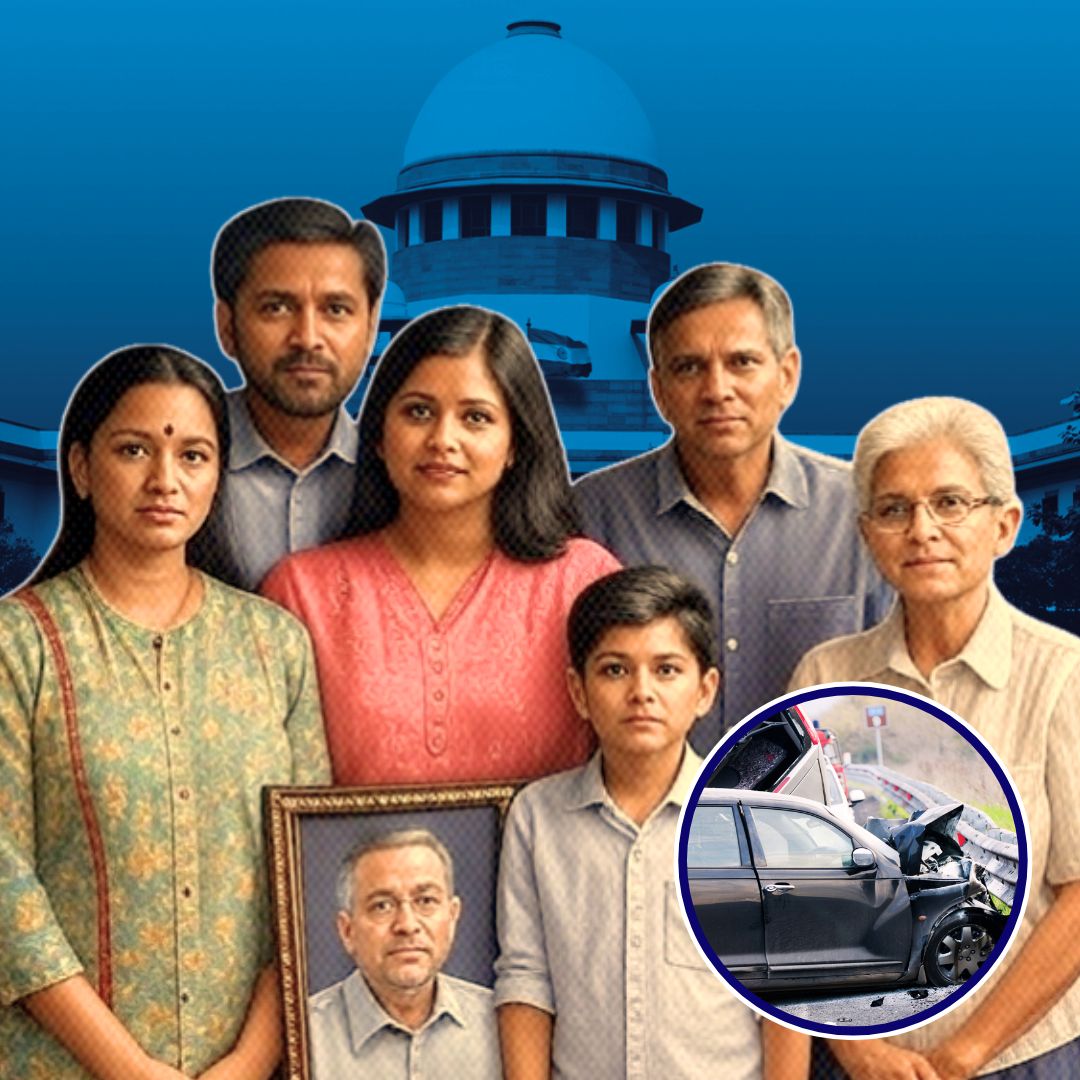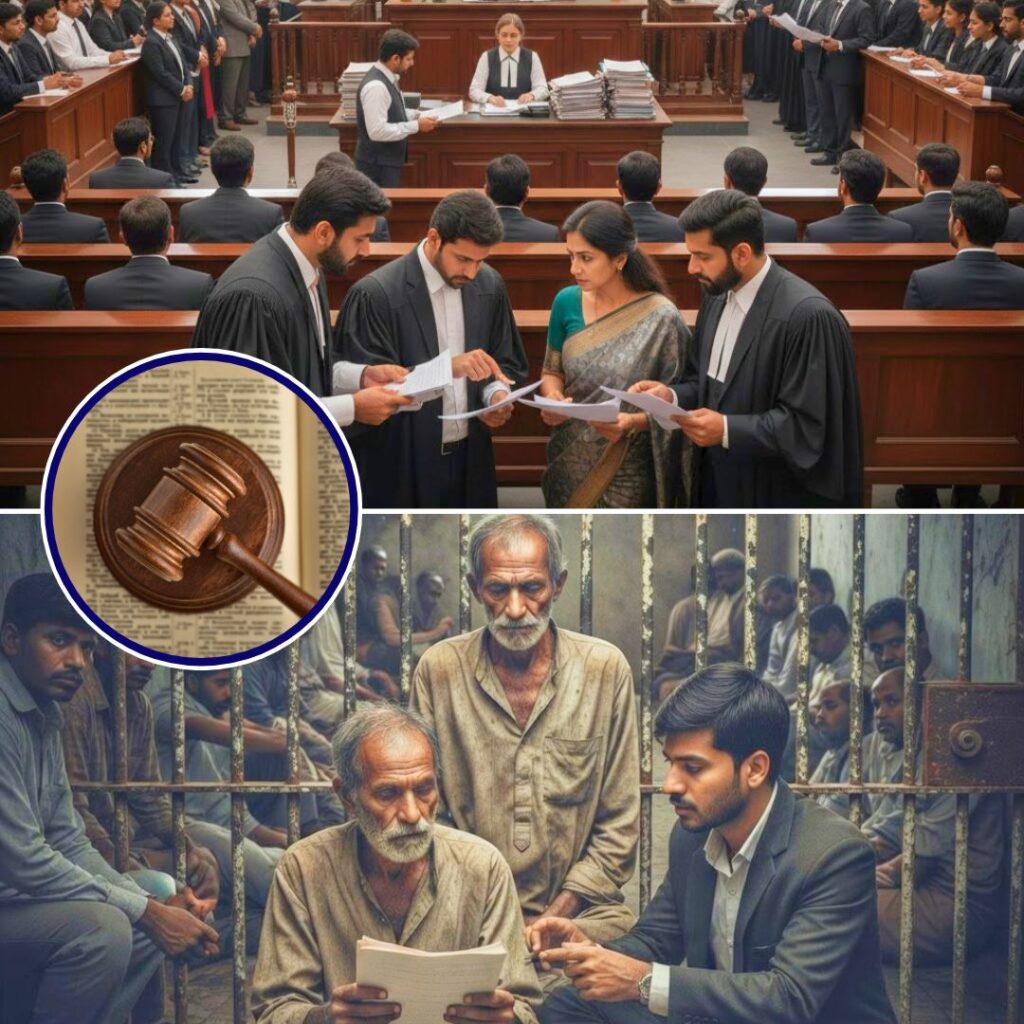The Supreme Court of India has firmly ruled that insurance companies are not liable to pay compensation for deaths caused by the insured’s own rash or negligent driving. On July 3, 2025, the apex court dismissed an ₹80 lakh compensation claim filed by the family of N S Ravisha, who died in a high-speed car accident in Karnataka.
The bench, comprising Justices P S Narasimha and R Mahadevan, upheld the findings of lower courts that the accident was a direct result of Ravisha’s reckless driving. This landmark judgment clarifies the limits of insurance liability and underscores personal accountability on the road.
Supreme Court Emphasises Personal Responsibility Over Insurance Liability
The Supreme Court’s verdict reiterates the legal principle that insurance contracts are designed to indemnify losses arising from unforeseen events, not those caused by deliberate or negligent acts of the insured. The bench observed, “We are not inclined to interfere with the impugned judgment passed by the high court. Hence, the Special Leave Petition is dismissed.”
The Court highlighted that the Motor Vehicles Act and insurance policies explicitly exclude coverage for accidents resulting from rash or negligent driving. This ruling sends a clear message that individuals must adhere strictly to traffic laws and exercise caution while driving, as insurance cannot be a fallback for reckless behaviour.
The Court also relied heavily on police reports and evidence presented in the Motor Accident Claims Tribunal (MACT), which confirmed that Ravisha was driving at a high speed and lost control near Mylanahalli gate, leading to the fatal crash.
There was no indication of mechanical failure or third-party involvement, firmly establishing that the accident was self-inflicted. This judgment strengthens the doctrine of “self-tortfeasor,” where a person cannot claim compensation for injuries or death caused by their own wrongful acts.
Incident Background and Legal Proceedings
The tragic incident occurred on June 18, 2014, when N S Ravisha was travelling from Mallasandra village to Arasikere town in Karnataka with family members as passengers.
According to official police records and witness statements, Ravisha was driving his Fiat Linea at an excessive speed, violating traffic regulations. Near Mylanahalli gate, he lost control of the vehicle, which overturned, resulting in his death on the spot.
Following the incident, Ravisha’s wife, son, and parents filed a claim seeking ₹80 lakh compensation from the insurance company, citing his steady income as a contractor and his role as the family’s primary breadwinner. However, the Motor Accident Claims Tribunal rejected the claim on the grounds that the accident was caused by Ravisha’s own rash driving. The Karnataka High Court upheld this decision, and upon further appeal, the Supreme Court concurred with the lower courts, dismissing the family’s plea.
This case highlights the judiciary’s consistent stance on limiting insurance liability in cases where the insured’s negligence or violation of traffic laws is the proximate cause of the accident. It also serves as a cautionary tale for drivers to maintain responsible conduct behind the wheel.
The Logical Indian’s Perspective
The Supreme Court’s ruling, while legally sound, brings to light the complex realities faced by families who lose loved ones in tragic circumstances. The decision underscores the critical importance of personal responsibility and adherence to road safety norms, which are essential to reducing accidents and saving lives. At the same time, it reminds us that insurance is not a safety net for reckless behaviour but a protection against unforeseen mishaps.
As a society committed to peace, empathy, and harmony, The Logical Indian believes that this ruling should inspire stronger public awareness campaigns on road safety and responsible driving. Education, stricter enforcement of traffic laws, and community engagement are vital to preventing such tragedies. We must encourage a culture where every driver recognises the profound impact their actions have on their families and society at large.
How do you think we can collectively foster greater responsibility on our roads while supporting families affected by such losses? What role should insurance companies, policymakers, and citizens play in building safer communities?













